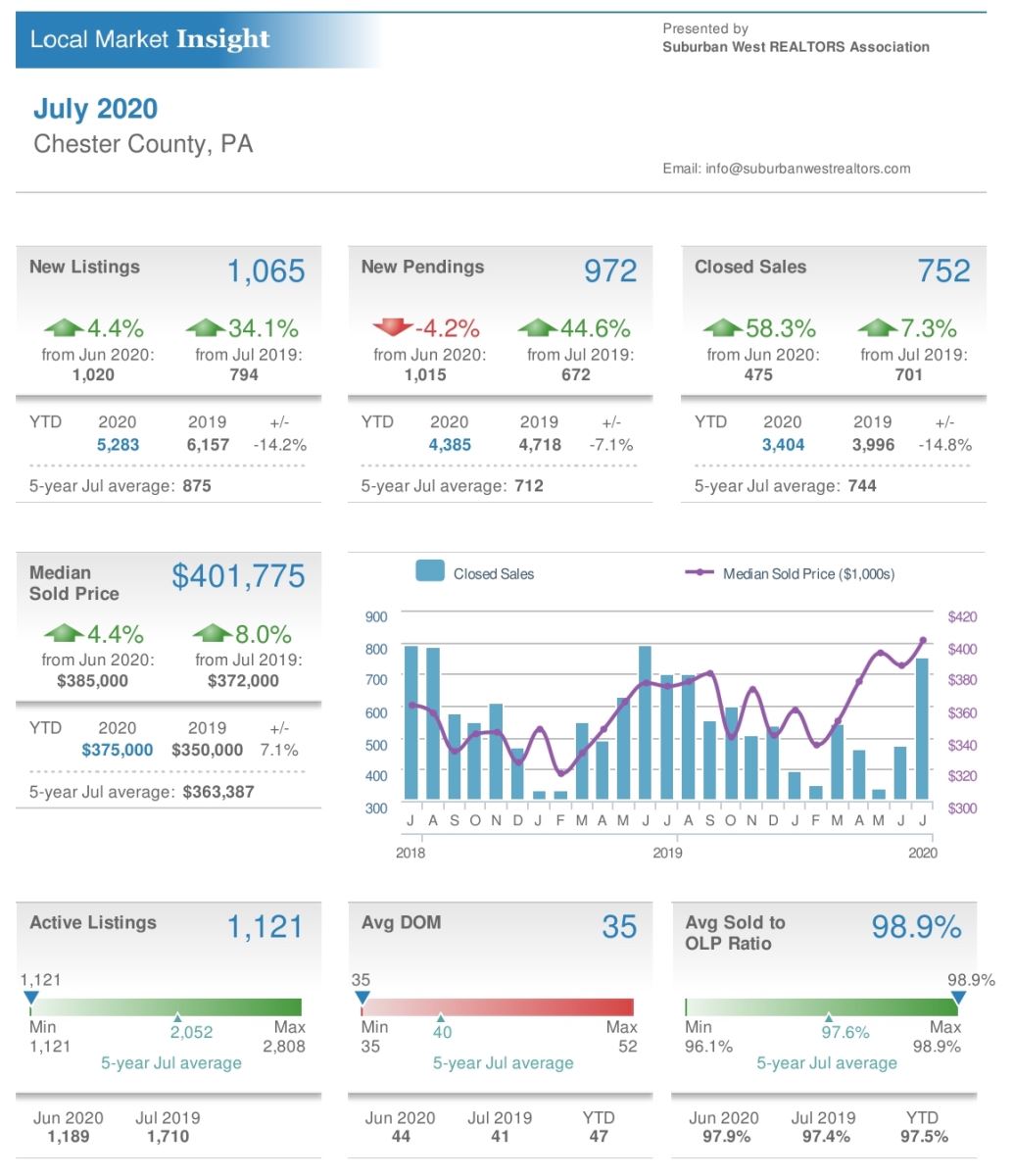Before You Buy Budget Like a Homeowner

If you are a renter, you know that rent costs are on the rise, and it may be getting more difficult for you to stop thinking that a home purchase cannot be easier on your wallet. Starting on buying a home can come a year in advance of your first house hunt and creating a homeowner budget is the first step.
-
Write a list of needs and wants for your future home, beginning with size, the number of rooms, type of neighborhood, size of the yard, garage, or no garage, etc. Be realistic, as there is only so much house you can afford. Set a price range, and stick to it.
-
Create an income/expenses list, or use this handy budget calculator so you may see exactly where your money is going. If there is little left of your paycheck at the end of the equation, it is time to begin eliminating unnecessary purchases so you can start saving.
-
Start paying off any debt you currently have credit cards, car loans, or personal loans. Eliminating these balances will reduce your debt-to-income ratio, and will show lenders you’re serious about paying for a home.
-
Once you start paying off debt, start depositing the amount of those payments into a savings account. Not only do you need to save towards the payment, but you’ll also have other costs for buying a home: appraisal, home inspections, and other fees may or may not be added to the closing costs.
-
Some people that live on low incomes may feel like homeownership is a pipe dream, but that is not true. Many government-backed agencies will assist those with limited incomes buy a home:
-
- Federal Housing Administration offers loans with low down payments (3.5%).
-
- USDA helps low-income families in rural areas with purchasing a home with no down payment.
-
- VA loans assist veterans with home-buying, as well as home repair.
No matter your income, homeownership is within reach if your credit report and score is within an acceptable range and may differ according to the lender. Learning how to budget your income, paying your bills on time, and saving money are all possible, and it may take discipline on your part. The result, however--a home of your own--is worth all the time and effort it took to prepare for it!
Courtesy of Chester County PA Realtor Scott Darling.
Photo credit: ggwash.org







